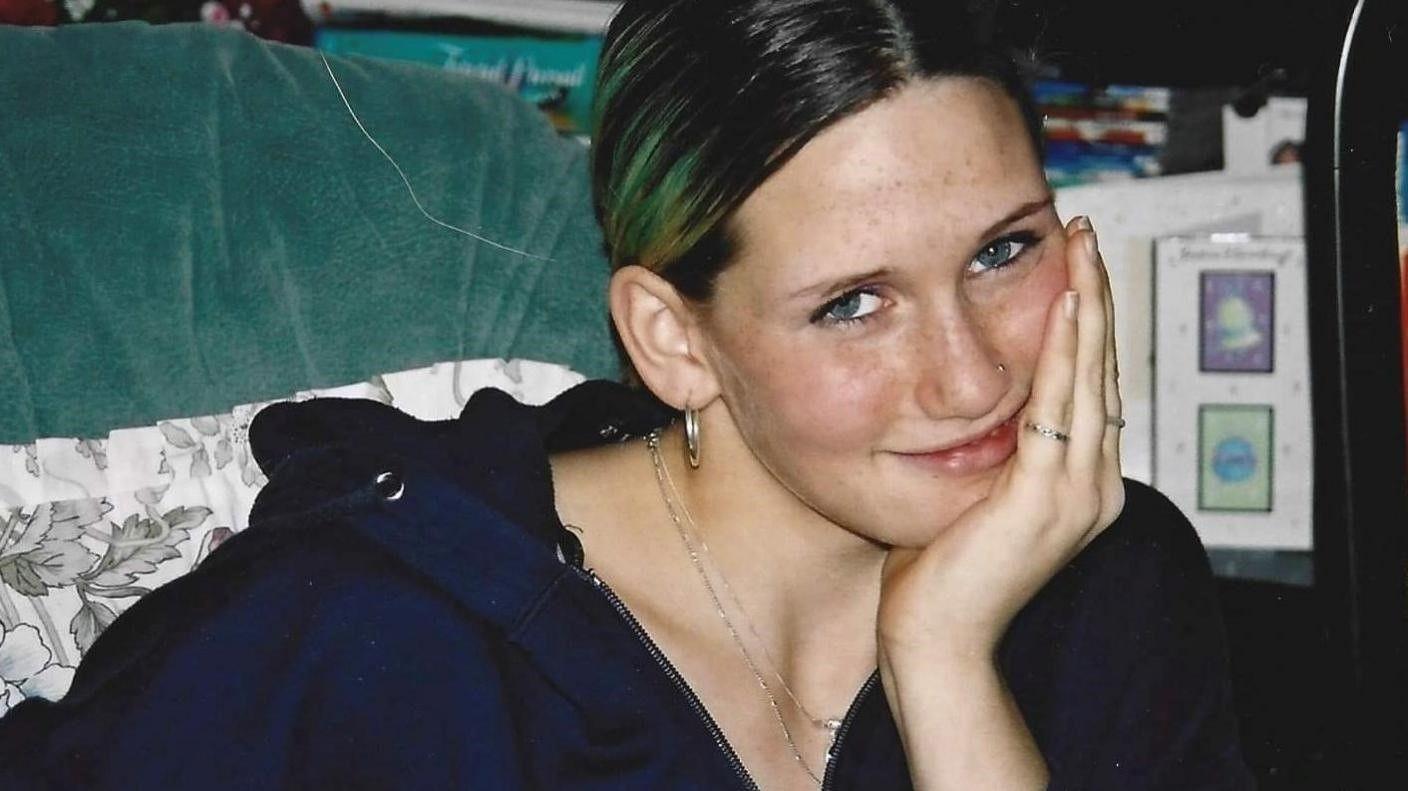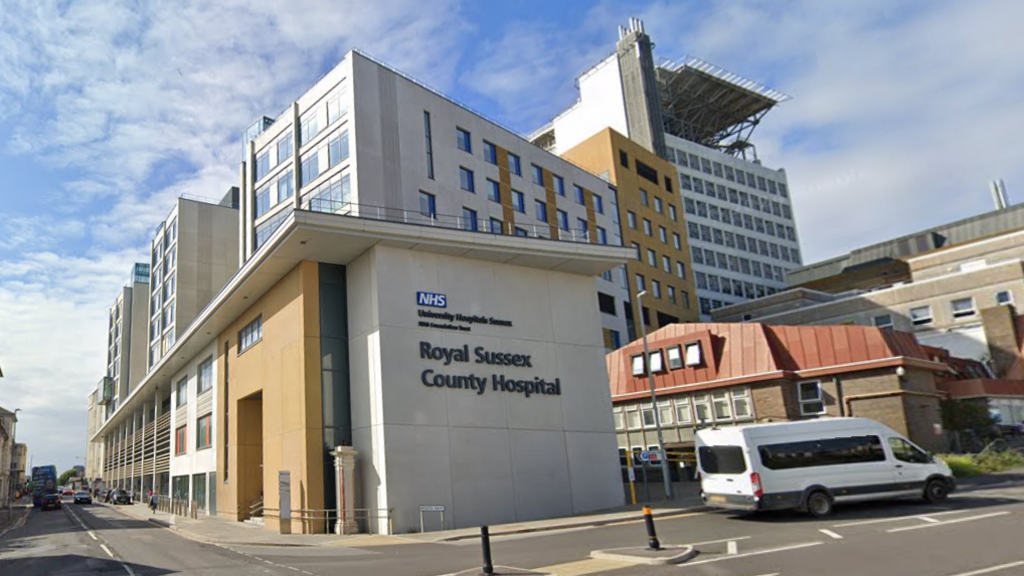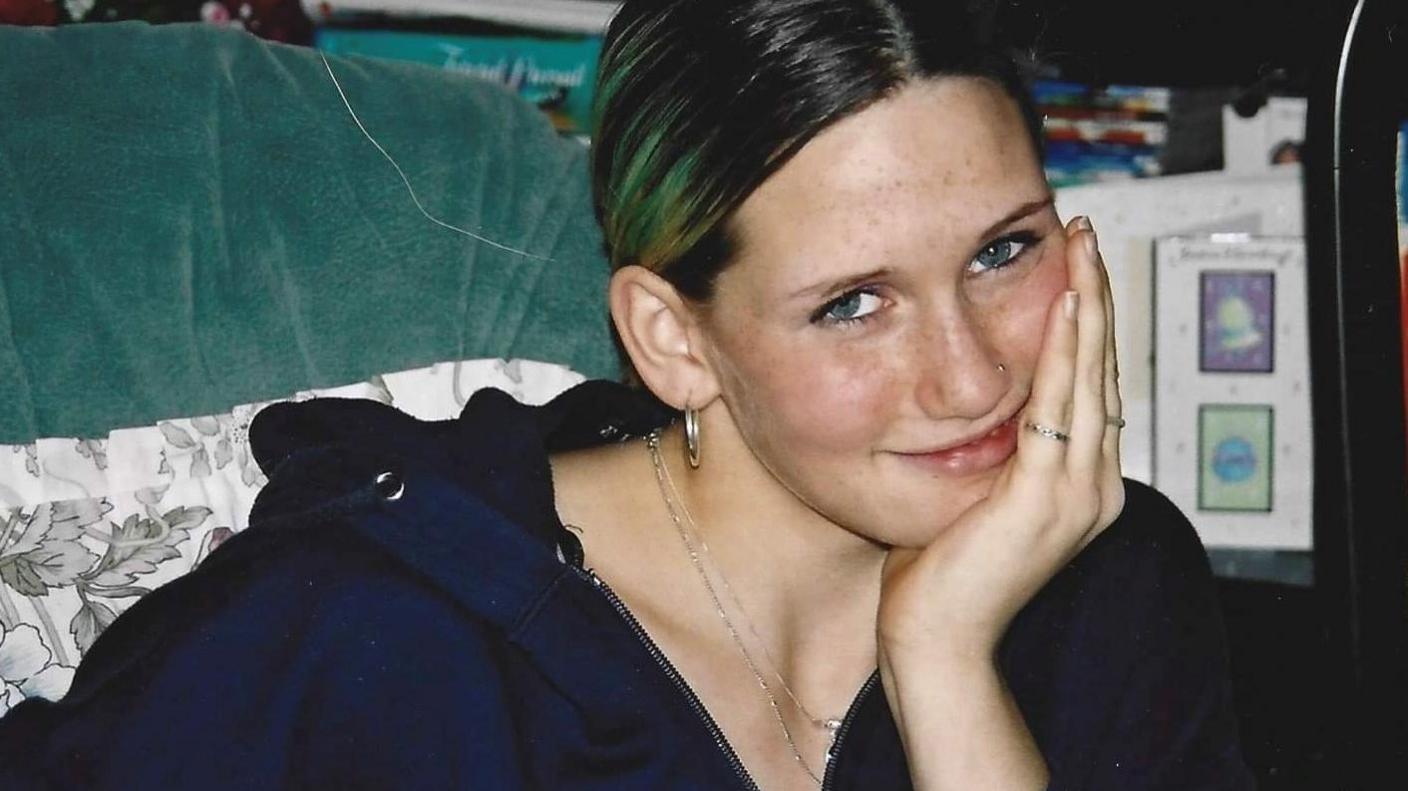Woman 'abandoned' in hospital before she died

Tamara Davis died after being admitted to hospital with breathing difficulties
- Published
A hospital patient was "made to fend for herself" in a corridor for hours before she died, an inquest heard.
Tamara Davis, 31, spent about 10 hours on a trolley at the Royal Sussex County Hospital two days before she succumbed to multiple organ failure and sepsis caused by influenza on 13 December 2022.
Coroner Joanne Andrews concluded Ms Davis died from natural causes and there was no evidence being placed in the hospital corridor contributed to her death.
Maggie Davies, chief nurse at the University Hospitals Sussex NHS Foundation Trust, said the experience fell short of standards and was "a matter of deep regret".
Horsham Coroner’s Court heard Ms Davis’s partner, Raphael Ifill, took her to the hospital on 10 December after she collapsed at her home in Brighton with what was thought to be a severe cold.
She was in a resuscitation room until 05:30 GMT on 11 December, when she was moved to the corridor where up to 20 patients remained throughout the day.

Tamara Davis died in December 2022
She stayed in the corridor until 15:20 when she was moved to another cubicle.
Miya Davis told the inquest her sister was “made to fend for herself” as she suffered from diarrhoea and coughed up blood.
The patient's condition deteriorated and she was placed in intensive care later in the night before she died two days later.
Dr Andrew Leonard, the consultant who saw Ms Davis, told the inquest the use of corridors during treatment was “increasingly the norm” across the country.
He described the situation as "a tragedy” and a "failure" of care.
Dr Leonard said he had many “sleepless nights” over Ms Davis's death, adding: “I still do not think we could have predicted what would happen to her.”
Duty of care
Senior nurse Alice Edmondson said staff were allocated to work on the hallways everyday, which are often overcrowded and lack privacy.
“We would never move anyone to a corridor out of choice,” she said.
The hearing was told that having no patients in a corridor was a priority for the trust, which runs the Brighton hospital.
Following the inquest's conclusion, Mr Ifill said the hospital “could have done more” and the duty of care was “absolutely shocking”.
“She felt abandoned. She felt alone,” he said.
“If I fall sick in Brighton I’ve got no faith to go to that hospital. It just feels really bad in there.”
Follow BBC Sussex on Facebook, external, on X,, external and on Instagram. Send your story ideas to southeasttoday@bbc.co.uk, or WhatsApp us on 08081 002250.
- Published24 May 2023
